
June, in South Africa, is Youth month and June, on our 2022 Family Year Planner, has as its theme “Children belong in families,” which can include children from young to adolescent. Every year, almost right after Youth Day on 16th June, we commemorate Fathers’ Day on the 3rd Sunday of the month. Is there something significant about that? Youth Day in SA commemorates the time in 1976 when the youth took the initiative away from their parents and launched an uprising against teaching in the medium of Afrikaans, seen as the language of the oppressor. That in due course led to the end of the apartheid era and brought democracy and many other changes to our country. Those youth of 1976 are now the parents and grandparents of today. Has their experience from that time on affected how they view parents, fathers in particular? Many young people suffered in the process, some died, some left their homes and families, and went into exile, and very many were thrown headlong into adulthood. Families suffered too. alongside their children, some more than others. They all experienced a whole range of feelings, anxiety, worry, panic, grief, anger, helplessness. Many black families in 1976 were experiencing brokenness due to migrant work and those fathers were often not in a position to be the protector and mentor of their sons and daughters which should have been their natural role. What effect could that have had on the father-child relationships over time? That is a question we maybe have not grappled with sufficiently. Did children, especially youth, lose respect for their parents, and for the older generation, even seeing them as ineffectual?
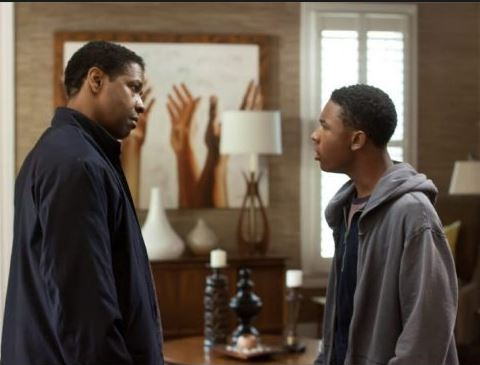
Instead of emulating their parents as they grew up, this generation became more individualistic, self-sufficient, self-centred, and possibly more violent. However, this could be exacerbated by the experience, but it is not only as a result of their history, it is also a universal characteristic of the generations of today where family bonds and traditions have weakened and there is less parental commitment, love, guidance and control.
Today a variety of family forms are still growing, married, single, same sex. A single mother with one or more children, possibly from different fathers, is the most common form of family in South Africa. Two third of fathers are absent from their families, not living with their biological children, living in another family or in no family. We speak often of teenage pregnancy and teenage moms but what about the dads? The girl, or her family, is left holding a baby and the boy’s family may be paying damages, but he is not being a father to his child, a loss to both.
Happily, many families, even non-traditional types are working well. In a more traditional form of family, of father, mother, children, dads are beginning to play a greater role in the child’s life. It can start from witnessing the birth, enjoying paternity leave, fetching and carrying junior to creche or school, but moms still generally play a much greater role in any family life. This is so even though many have jobs and even high-powered careers, earning higher salaries then their husbands or partners, whom they may discard at will as women are able to be independent.
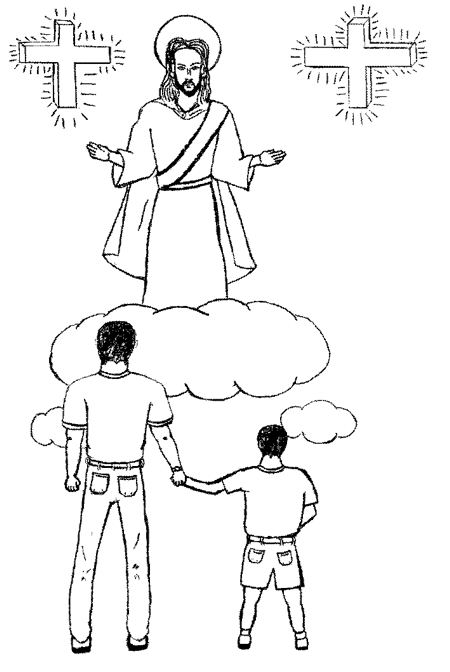
What does all this say about children and fathers belonging in families? Would there be less dysfunctionality, less substance abuse and family violence if these relationships were healthier and happier, had a better work-life-relationship balance? Would this not be for the good of the young children, adolescents and for the father too? In other words for the common good, as is recognized in society and also in the Church’s social and pastoral teaching.
God, our Father, is our model of fatherhood, a loving, forgiving Father who shows the way to all human fathers in their families. One who loved all His children so passionately that the gave His own Son so that we, His children could have eternal life. May all our children and in particular the youth, in their particularly challenging stage of life, experience this fatherly love and may fathers too experience the love of their children in their families, as Jesus showed us in his relationship with his Father. May all our social services, in and beyond the Church, DSD, NGOs and sodalities recognize and appreciate this need for healthy families as the best foundation for a healthy planet.
Pope Francis writes, “On the one hand, it is necessary to “wake up” families, and convey to them the awareness of the gift they represent within the Church. On the other hand, it is important that the Church learn to value the gifts that the Spirit bestows on the family, AL 290. From World Meeting of Families Conference 1. Although she constantly holds up the call to perfection and asks for a fuller response to God, “the Church must accompany with attention and care the weakest of her children, who show signs of a wounded and troubled love, by restoring in them hope and confidence, like the beacon of a lighthouse in a port or a torch carried among the people to enlighten those who have lost their way or who are in the midst of a storm. AL 291

Children belong in families and so do fathers. TR FAMILY WEEKLY 15 June 2022.

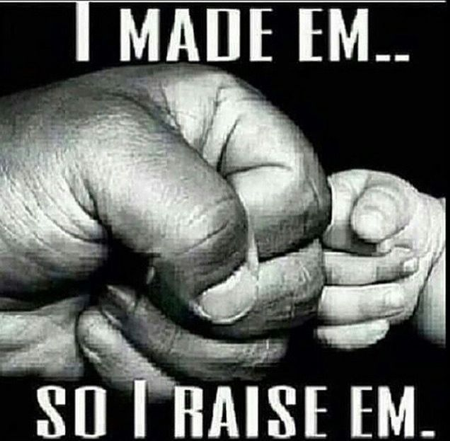

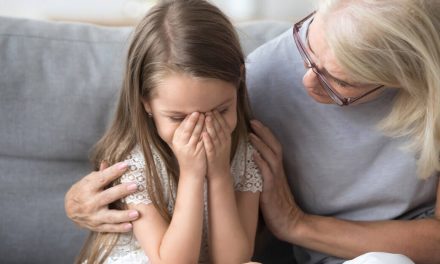

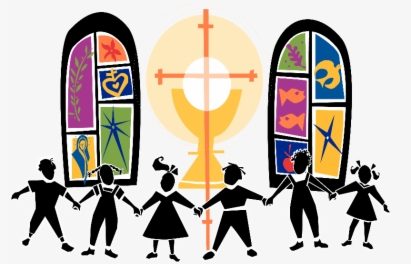

Recent Comments